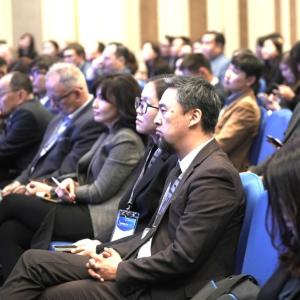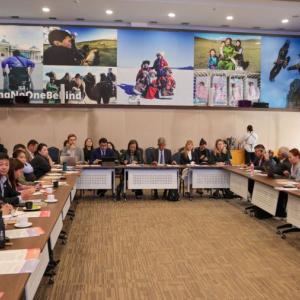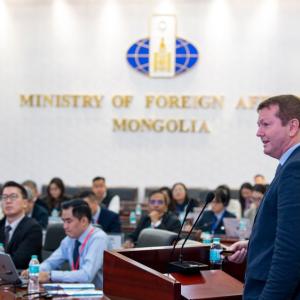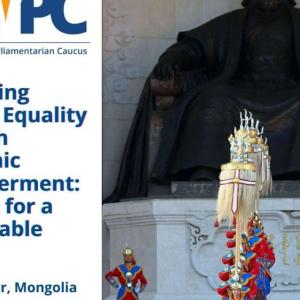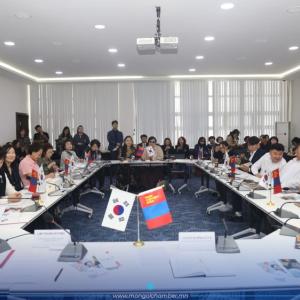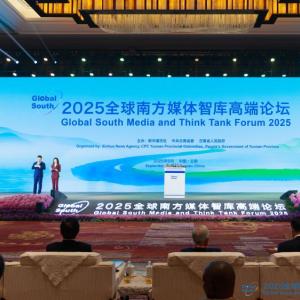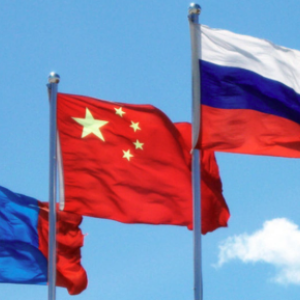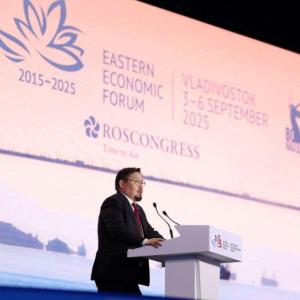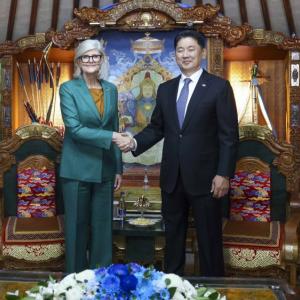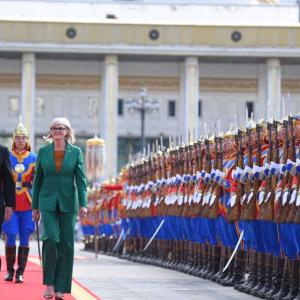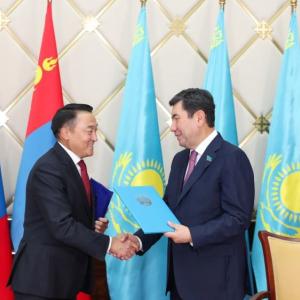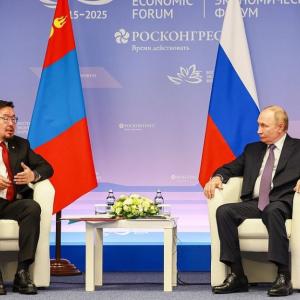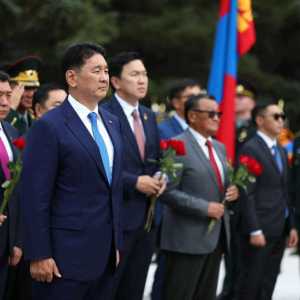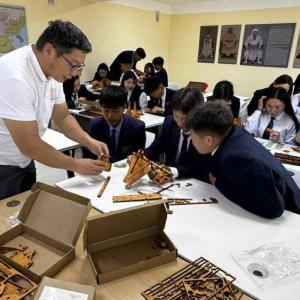Mongolia ranked 72nd in corruption perceptions index
SocietyUlaanbaatar /MONTSAME/ The Transparency International Wednesday released the 2015 Corruption Perceptions Index of countries.
According to it, Mongolia was ranked the 72nd among 168 countries, going up by eight places against the 2014 index. Mongolia was 80th among 175 countries in 2014, 83rd in 2013, 94th in 2012.
The Transparency International said the 2015 results showed that people working together can succeed in the battle against corruption. Although corruption is still rife globally, more countries improved their scores in the 2015 edition of Transparency International’s Corruption Perceptions Index than declined. Overall, two-thirds of the 168 countries on the 2015 index scored below 50, on a scale from 0 (perceived to be highly corrupt) to 100 (perceived to be very clean). Yet in places like Guatemala, Sri Lanka and Ghana, citizen activists in groups and on their own worked hard to drive out the corrupt, sending a strong message that should encourage others to take decisive action in 2016.
Denmark took the top spot for the 2nd year running, with North Korea and Somalia the worst performers, scoring just 8 points each.
Top performers share key characteristics: high levels of press freedom; access to budget information so the public knows where money comes from and how it is spent; high levels of integrity among people in power; and judiciaries that don’t differentiate between rich and poor, and that are truly independent from other parts of government.
In addition to conflict and war, poor governance, weak public institutions like police and the judiciary, and a lack of independence in the media characterize the lowest ranked countries.
The Corruption Perceptions Index is based on expert opinions of public sector corruption. Countries’ scores can be helped by open government where the public can hold leaders to account, while a poor score is a sign of prevalent bribery, lack of punishment for corruption and public institutions that do not respond to citizens’ needs.

 Ulaanbaatar
Ulaanbaatar

